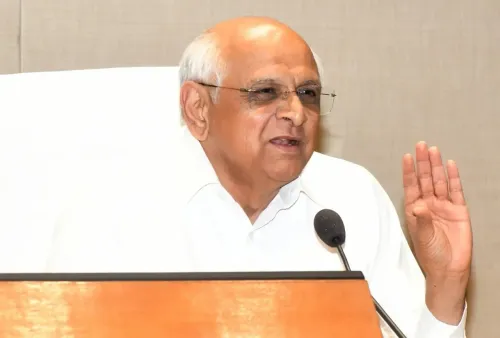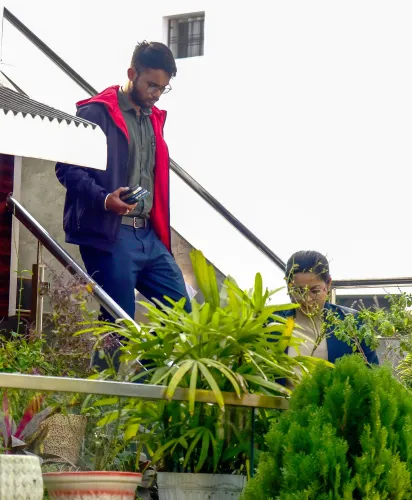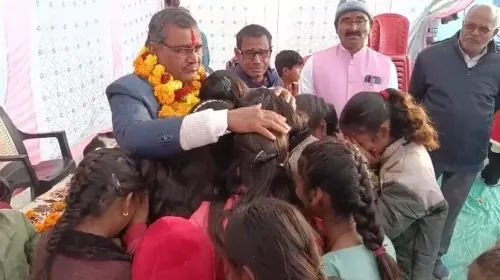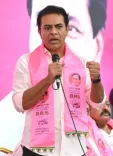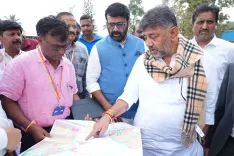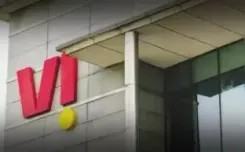Why Does Curfew Persist in Leh for the Fourth Day?
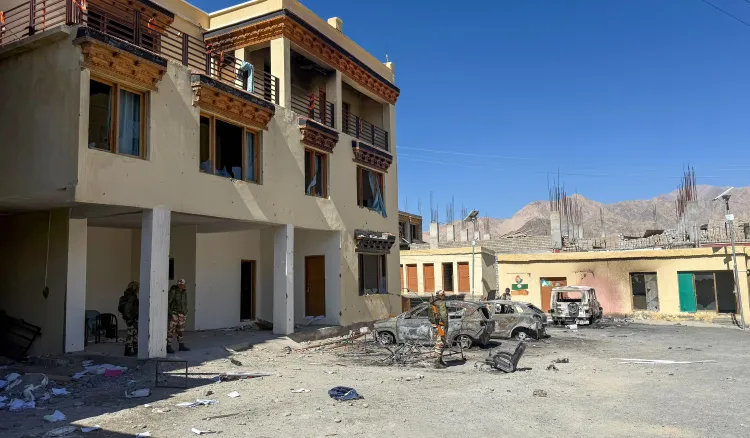
Synopsis
Key Takeaways
- Curfew enforced in Leh for four days
- Sonam Wangchuk detained under NSA
- Violence caused deaths and injuries
- Internet services suspended as precaution
- Investigations into the unrest ongoing
Leh, Sep 27 (IANS) The curfew in Leh town remains in effect for the fourth consecutive day as reports suggest that climate activist Sonam Wangchuk, who was detained under the National Security Act (NSA), has been transferred to Jodhpur Jail in Rajasthan by authorities, though this has not yet been officially confirmed.
Wangchuk was arrested on Friday for allegedly inciting violence in Leh on September 24, which resulted in the deaths of four protesters and injuries to 70 others after security forces acted in self-defense.
The local administration also suspended mobile internet services in the Leh area as a precautionary measure on Friday.
Wangchuk has been involved in a lengthy campaign advocating for inclusion in the 6th schedule, statehood, and the safeguarding of Ladakh's delicate ecosystem.
The Ministry of Home Affairs has accused Wangchuk of inciting the recent unrest. His arrest occurred shortly after the MHA revoked the FCRA registration of the Students Educational and Cultural Movement of Ladakh (SECMOL), which Wangchuk founded.
The MHA's revocation order cited alleged financial irregularities and violations of the FCRA Act.
In a notification from Ladakh Chief Secretary Pawan Kotwal, it was announced that the Advisory Boards created under various public safety acts will also serve as boards for the National Security Act.
This action was deemed necessary following Wangchuk's arrest.
This incident marks the first detention under the NSA in Ladakh since it became a Union Territory, separated from Jammu and Kashmir.
The cremation of two civilians killed during the unrest is taking place today.
Following the news of Wangchuk's arrest, shops and businesses were closed in Kargil district.
The district administration has implemented Section 163 in Kargil to limit gatherings.
However, the situation across the Union Territory of Ladakh has been relatively calm, with no significant incidents reported.
In a crackdown on those inciting unrest, the Ladakh Police have filed multiple FIRs and detained over 50 individuals involved in the violence that led to four deaths, numerous injuries, and damage to various properties, including BJP and Hill Council offices. A meeting between MHA officials and representatives from LAB and KDA took place yesterday.
Officials indicated that a follow-up meeting with the Home Ministry is scheduled for September 27 or 28, pending confirmation. This gathering will include three representatives each from LAB and KDA, as well as the Ladakh MP.
A preparatory meeting will precede a formal meeting with a High Powered Committee made up of seven members from both LAB and KDA.
The Leh district administration has mandated the closure of all government and private educational institutions, including schools, colleges, and coaching centers, until September 28.
The curfew is being enforced by the ITBP, CRPF, and Ladakh Police who are patrolling sensitive regions.
Authorities are investigating the involvement of outsiders in the violence, including youth from Nepal and Doda, as some of the injured were identified as such.
"The presence of Nepalese and Doda youth amidst the mob is under scrutiny. They will be questioned once medically cleared," officials stated, suggesting a possible conspiracy behind the unrest.
Investigations are also underway regarding the source of the petrol bombs used to ignite fires at BJP and Hill Council offices and various vehicles, including those belonging to security forces.
The MHA and UT administration have committed to taking strict action against individuals involved in or instigating the violence.
Some may face charges under the Public Safety Act (PSA). Multiple FIRs have already been lodged at the Leh police station, targeting those responsible for the violence, including Sonam Wangchuk and two Congress Councillors.
To prevent further unrest, prohibitory measures banning assemblies of five or more individuals have also been enforced in other major towns, including Kargil, where the Kargil Democratic Alliance (KDA) has called for a parallel shutdown.
The District Magistrate of Kargil has enacted prohibitory orders under section 163 of the Bharatiya Nagarik Suraksha Sanhita, prohibiting unauthorized gatherings and public statements that may disrupt peace.


